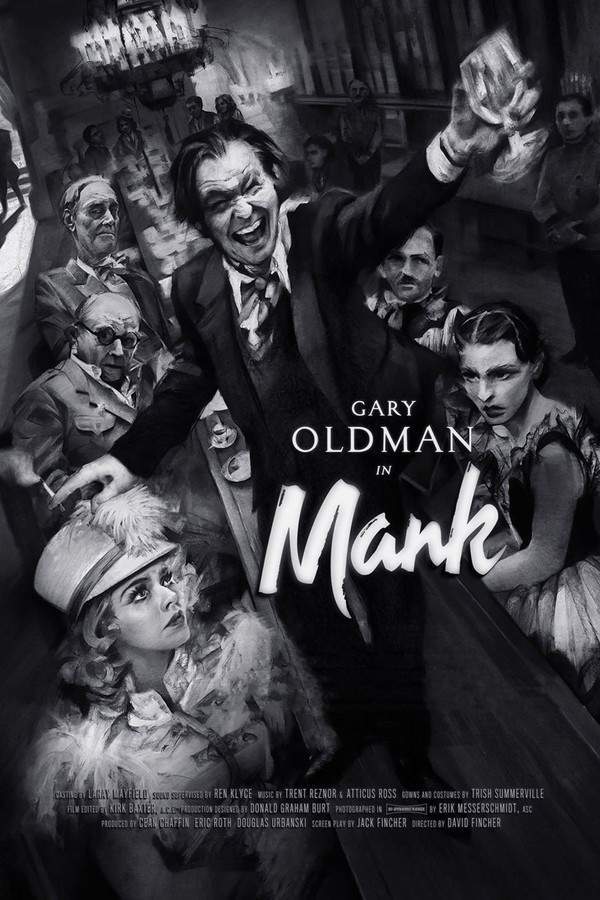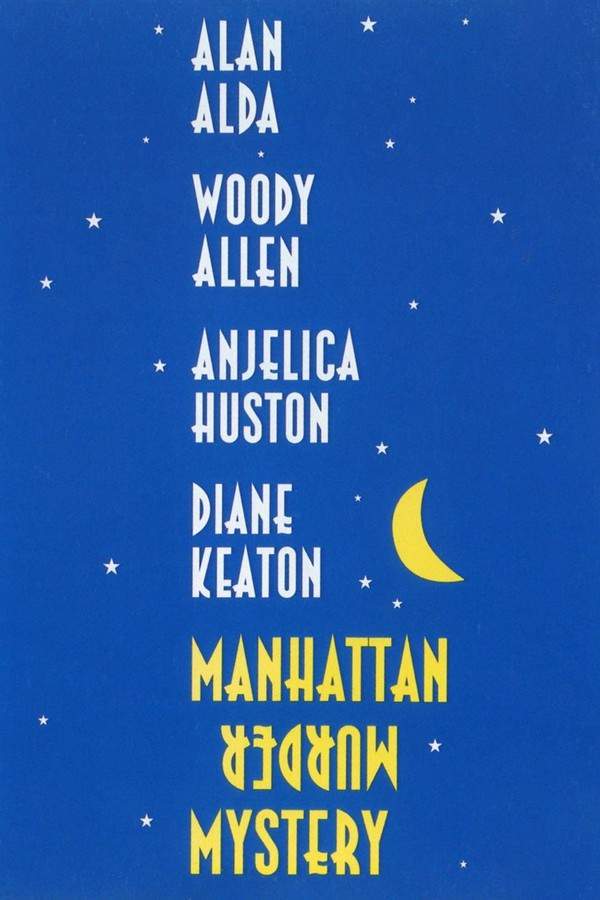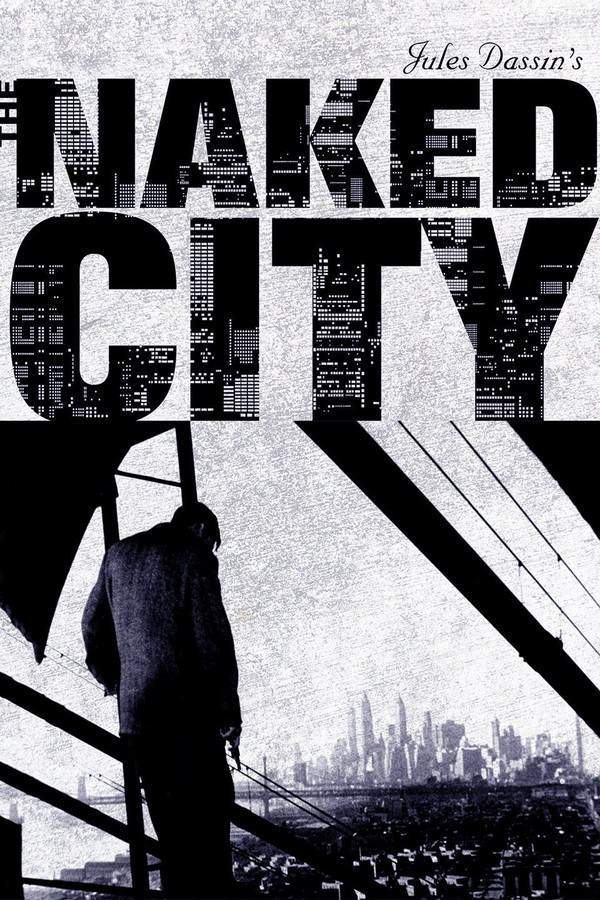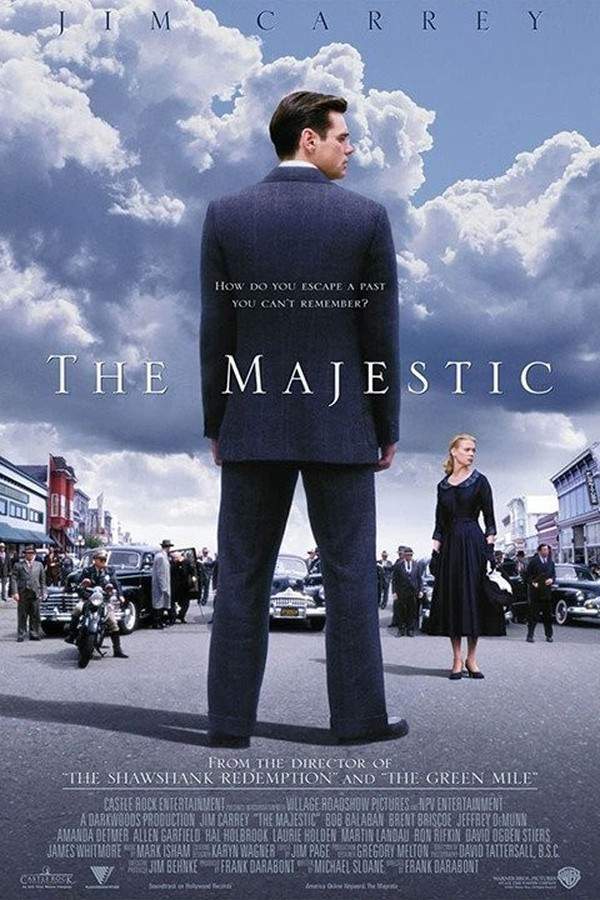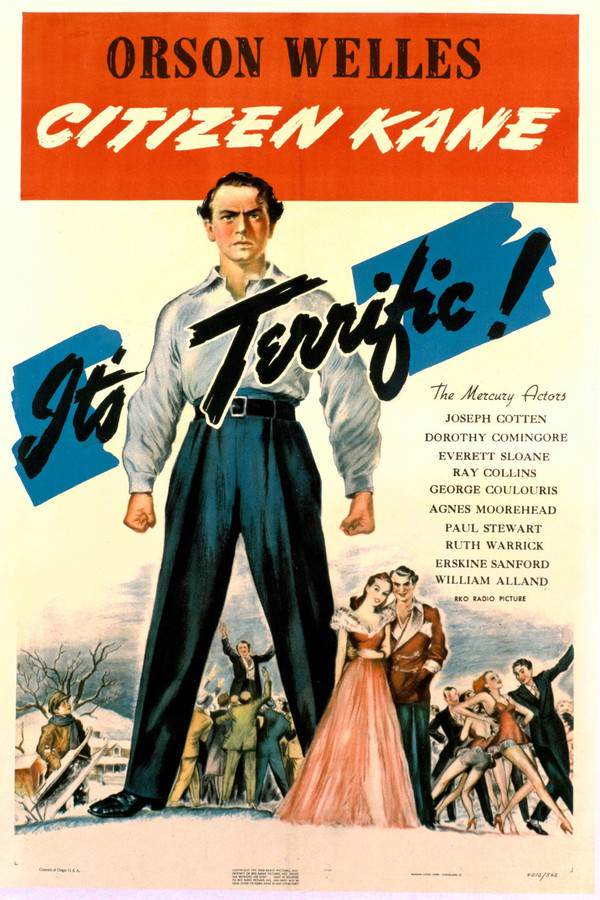
Citizen Kane 1941
Made by
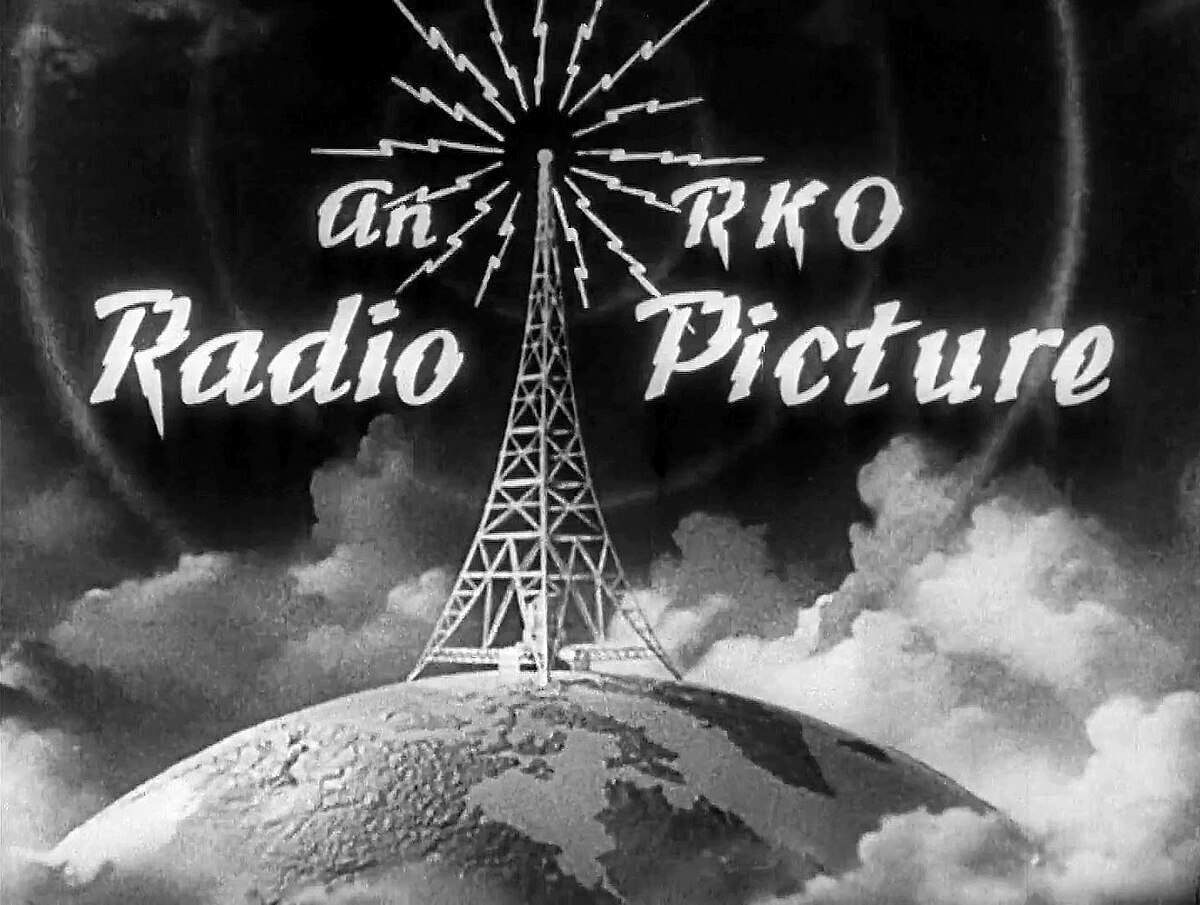
RKO Radio Pictures
Test your knowledge of Citizen Kane with our quiz!
Citizen Kane Plot Summary
Read the complete plot summary and ending explained for Citizen Kane (1941). From turning points to emotional moments, uncover what really happened and why it matters.
In the sprawling mansion of Xanadu, located in the sun-drenched landscapes of Florida, the aged Charles Foster Kane (Orson Welles) clings to life. As he lies on his deathbed, his frail hand clutches a snow globe tightly. With a final whisper, he utters the mysterious word, “Rosebud,” before passing away; the globe slips from his grip, shattering upon hitting the floor. This poignant moment ignites a sensational wave of news coverage across the globe, with a newsreel obituary chronicling the extraordinary life of Kane—a once-mighty and immensely wealthy newspaper mogul.
Born into humble circumstances, Kane’s rise to power is nothing short of meteoric, yet marred by personal scandals. Throughout his lifetime, he underwent two divorces and presided over a sprawling media empire comprising 13 newspapers and numerous radio stations nationwide. His opulent Xanadu, the priciest private construction endeavor since the pyramids, also boasted a private zoo, reinforcing his image as a figure of extravagance and excess. Envy and resentment simmered beneath the surface of his relationships, particularly with Walter Parks Thatcher (George Coulouris), who took over the stewardship of Kane’s wealth after Kane’s parents entrusted him.
Kane’s political ambitions faltered due to a scandal involving a romantic liaison, leaving him in solitude in his twilight years—unloved and abandoned. The ominous air around his death leads Jerry Thompson (William Alland), the producer of the newsreel, to spearhead an investigation into the meaning of Kane’s cryptic last word. Thompson embarks on an investigative journey, seeking to interview Kane’s associates and loved ones.
Thompson approaches Kane’s second wife, Susan Alexander Kane (Dorothy Comingore), who now grapples with alcoholism and runs a nightclub. However, she rebuffs his efforts to converse about her husband. Undeterred, Thompson probes into the archives of late banker Thatcher, discovering through Thatcher’s memoirs that Kane’s life was steeped in transition from a poverty-stricken childhood in Colorado.
Rewind to 1871: Following the discovery of gold on her property, Kane’s mother, Mary Kane (Agnes Moorehead), decides to send her son to live with Thatcher, believing he deserves a better education. While they discuss this decision indoors, young Kane (Buddy Swan) plays merrily with a sled in the snow, unwilling to leave his childhood home. His mother harbored deep fears regarding Kane’s father, whom she deemed irresponsible, handing over the control of the gold mine to Thatcher’s bank to secure a trust fund for Kane to access at 25.
When the pivotal birthday arrives, Kane bursts into the newspaper world, diving headfirst into yellow journalism. He seizes control of the New York Inquirer, crafting sensationalist articles that violently attack Thatcher’s enterprises. His tenacious rise results in conflict and relentless financial strains, costing him $1 million annually to sustain his publication. Ultimately, the stock market crash of 1929 forces Kane to divest a considerable stake in his newspaper empire to Thatcher.
In the present, Thompson converses with Mr. Bernstein (Everett Sloane), Kane’s devoted business manager, who reflects on how Kane employed the finest journalists and escalated his paper’s prestige to new heights. Kane’s influence peaked when he managed to manipulate public opinion during the Spanish-American War, ultimately marrying Emily Norton (Ruth Warrick), a relative of a U.S. President, catapulting the circulation of his paper from a modest 26,000 to an impressive 684,000—surpassing his fiercest competitor.
Later, Thompson seeks out Jedediah Leland (Joseph Cotten), Kane’s estranged best friend, now living in a retirement home. Leland recounts the fragmentation of Kane’s marriage to Emily as tensions arose from his relentless critiques of the President’s policies, compelling Kane to pursue an affair with budding singer Susan Alexander while embarking on a political campaign. Both Emily and Kane’s political rival soon uncover the affair, culminating in a scandal that obliterates Kane’s political aspirations. He marries Susan but thrusts her into a humiliating career in opera, demanding success without acknowledging her lack of talent or desire.
Moving back to the present, after much turmoil, Susan finally agrees to speak with Thompson, reflecting on her dismal attempts at an operatic career and her eventual desire to escape Kane’s oppressive influence. Following a traumatic suicide attempt brought on by Kane’s overwhelming control, Susan leaves, driving Kane into a rage that leads him to violently dismantle her bedroom. Amidst the destruction, he suddenly calms upon spotting the snow globe, murmuring, “Rosebud.”
As relevance shifts back to Xanadu, Kane’s belongings are meticulously evaluated for preservation or disposal. Ultimately, Thompson reaches the somber conclusion that the elusive meaning of Kane’s last word may forever remain unanswered. As the film reaches its poignant finale, the camera unveils a revelation: Rosebud is not just a word but the name of the sled young Kane cherished while he played outside his childhood home—a stark reminder of lost innocence. Thought to be mere rubbish, the sled is unceremoniously incinerated, leaving behind a bittersweet legacy of Kane’s life and the truths he could never reconcile.
Citizen Kane Timeline
Follow the complete movie timeline of Citizen Kane (1941) with every major event in chronological order. Great for understanding complex plots and story progression.
Charles Foster Kane's Death
In a grand mansion known as Xanadu in Florida, the wealthy newspaper publisher Charles Foster Kane lies on his deathbed. As he passes away, he whispers the word 'Rosebud' while holding a snow globe, which subsequently slips from his hand and shatters on the floor.
The Newsreel Obituary
Following Kane's death, a newsreel obituary highlights the major milestones of his life, depicting him as an immensely wealthy individual with a wealthy media empire. It narrates his rise from humble beginnings to owning 13 newspapers and radio stations across the United States.
Kane's Humble Origins
The discussion transitions into Kane’s childhood, revealing that he was born into a poor family in Colorado. In 1871, after discovering a gold mine on her property, his mother decided to place him in the care of Walter Parks Thatcher for a better education.
Life with Thatcher
As young Kane plays joyfully in the snow with his sled, he is unaware that his mother has given up control of the gold mine in exchange for a trust fund. This trust would later grant him a significant fortune at the age of 25, leading him to a different life path.
Kane Enters Journalism
At the age of 25, after gaining control over his trust fund, Kane dives into the world of journalism. He acquires control of the New York Inquirer and adopts a sensationalist style of yellow journalism, swiftly building its readership.
Conflict with Thatcher
Kane's aggressive newspaper tactics infuriate Thatcher, who is directly affected by the scandalous articles. Despite losing significant money—up to $1 million per year—Kane clings to the ownership of his paper and his reputation.
The Stock Market Crash
The Great Depression strikes, and after the 1929 stock market crash, Kane is forced to relinquish control of his prized newspaper empire to Thatcher. This marks a significant downslide in Kane's business ventures and influence.
Marrying Emily Norton
While building his career, Kane marries Emily Norton, niece of a U.S. President. Their marriage, however, is marred by Kane's uncompromising public persona and his fierce criticism of government policies, which adds tension to their relationship.
The Affair with Susan Alexander
During his political ambitions, Kane begins an affair with Susan Alexander, an aspiring singer, leading to a scandal. This relationship ultimately results in Kane's political career being shattered, as both his wife and political rival confront him about the affair.
Kane's Second Marriage
Kane marries Susan, but their relationship deteriorates as he pressures her into a singing career for which she is not suited. Her lack of talent and ambition leads to a tension-filled marriage, causing Susan to feel trapped.
Susan's Downfall and Departure
After enduring years of domineering control and isolation at Xanadu, Susan attempts to take her life due to Kane's oppressive nature. Ultimately, she leaves him, marking a turning point in Kane's already tragic life.
Kane's Descent into Madness
After Susan departs, Kane spirals into a fit of rage, violently destroying her belongings. He then unexpectedly calms down upon coming across the snow globe, where he utters 'Rosebud' one last time, reflecting his lost innocence.
The Search for 'Rosebud'
Reporter Jerry Thompson continues his investigation into Kane's last word, interviewing Kane's friends and associates in an attempt to uncover its meaning. Despite thorough inquiries, he is unable to determine the significance of 'Rosebud.'
The Reveal of 'Rosebud'
As Thompson concludes his efforts, the camera zooms in on a simple sled—the very sled Kane played with as a child. It is revealed that 'Rosebud' was the name of this humble object, symbolizing the joy and innocence lost in Kane's life.
The Sled's Destruction
In a tragic irony, the sled is discarded and burned, perceived as junk by the staff of Xanadu. This act underscores the overarching theme of lost dreams and the ultimate futility of Kane's pursuits throughout his life.
Citizen Kane Characters
Explore all characters from Citizen Kane (1941). Get detailed profiles with their roles, arcs, and key relationships explained.
Charles Foster Kane (Orson Welles)
Charles Foster Kane is a complex character embodying the paradox of wealth and isolation. Starting from humble beginnings, he rises to become a powerful newspaper magnate, yet ultimately sacrifices his relationships for success. His quest for love and validation ultimately leads to his tragic loneliness.
Jerry Thompson (William Alland)
Jerry Thompson is the determined reporter tasked with uncovering the truth behind Kane's final words. His investigation represents the search for meaning and understanding in a life marked by complexity and contradiction. Thompson's journey to interview Kane's associates reveals much about Kane's character and legacy.
Susan Alexander Kane (Dorothy Comingore)
Susan Alexander Kane is Kane's second wife and a significant figure in his life, representing both love and despair. Her failed opera career and struggle with alcoholism highlight the pressures placed upon her by Kane's ambitions. Susan's eventual departure signifies Kane's ultimate failure to maintain personal connections.
Jedediah Leland (Joseph Cotten)
Jedediah Leland is Kane's best friend and confidant, providing a unique perspective on Kane's complexities. His observations throughout the story illustrate the cracks in Kane's character and relationships, reflecting the impact of ambition on their friendship as well as on Kane's personal life.
Citizen Kane Settings
Learn where and when Citizen Kane (1941) takes place. Explore the film’s settings, era, and how they shape the narrative.
Time period
Early 20th century, 1871
The events of 'Citizen Kane' unfold primarily in the early 20th century, a time marked by significant economic change and the rise of sensational journalism. Additionally, the flashbacks to 1871 provide context for Kane's upbringing, highlighting the impact of wealth and societal expectations on his life trajectory.
Location
Xanadu, Colorado, Florida
Xanadu is a vast and opulent palatial estate located in Florida, known for its immense wealth and luxury. It serves as the symbol of Charles Foster Kane's success and isolation, housing a private zoo and lavish amenities. Meanwhile, Colorado represents Kane's humble beginnings, where his childhood was shaped before his ascent to power.
Citizen Kane Themes
Discover the main themes in Citizen Kane (1941). Analyze the deeper meanings, emotional layers, and social commentary behind the film.
💔
Isolation
Isolation is a prevailing theme in 'Citizen Kane', as the titular character, despite his immense wealth, experiences profound loneliness and abandonment. Kane's relationships deteriorate over time, causing him to end up alone in his grand mansion, Xanadu. This stark contrast emphasizes the emptiness that can accompany material success.
🎭
Legacy
Kane's quest for legacy drives the narrative, showcasing how his desperate need for validation and fear of being forgotten shape his life choices. The mystery surrounding his final word, 'Rosebud', encapsulates the inescapable reality of one's past and the enduring nature of legacy, highlighting the contrast between public perception and private truth.
📉
Power and Corruption
The theme of power and corruption is central to Kane's rise and fall. His initial idealism becomes tainted as he indulges in manipulation and scandalous journalism, leading to his eventual downfall. The story critiques how power can corrupt one's morals and subsequently lead to isolation, as seen in Kane's tumultuous relationships and career.

Coming soon on iOS and Android
The Plot Explained Mobile App
From blockbusters to hidden gems — dive into movie stories anytime, anywhere. Save your favorites, discover plots faster, and never miss a twist again.
Sign up to be the first to know when we launch. Your email stays private — always.
Citizen Kane Spoiler-Free Summary
Discover the spoiler-free summary of Citizen Kane (1941). Get a concise overview without any spoilers.
In the hushed moments of a dying tycoon’s final breath, a single, puzzling word hangs in the air, beckoning anyone who hears it to wonder what life lay behind it. The story opens with the enigmatic Charles Foster Kane—a self‑made magnate whose name has become synonymous with power, wealth, and the relentless churn of the press. His sprawling estate, the glittering yet solitary Xanadu, reflects both his triumphs and the void that now seems to define his legacy.
Enter Jerry Thompson, a seasoned newsreel producer tasked with turning the mystery into a story the world can grasp. With a notebook and a keen ear for human truth, Thompson sets out to piece together the fragments of a man whose public persona was built on bold headlines, grand ambitions, and an uncanny ability to shape opinion. The investigation pulls him through opulent halls, bustling newsrooms, and quiet, shadowed corners where memories linger like dust on priceless furniture.
The film’s tone is a mix of noir‑ish curiosity and melancholic reflection, capturing the clash between the bright glare of fame and the somber shadows of forgotten childhood. Conversations with those who knew Kane—friends, rivals, and lovers—reveal a man whose charisma is matched only by the contradictions that haunted him. The world feels both expansive and intimate, a grand empire of ink and glass juxtaposed with fleeting, personal moments that hint at an ever‑present yearning for something lost.
As Thompson weaves together testimonies, the audience is invited to contemplate how a single word can embody a lifetime of ambition, love, and regret. The mystery remains tantalizingly out of reach, leaving the viewer perched on the edge of revelation, eager to discover what, if anything, can truly define a life as layered as Kane’s.
Can’t find your movie? Request a summary here.
Movies with Similar Twists and Themes
Uncover films that echo the narrative beats, emotional arcs, or dramatic twists of the one you're exploring. These recommendations are handpicked based on story depth, thematic resonance, and spoiler-worthy moments — perfect for fans who crave more of the same intrigue.
Featured on this page

What's After the Movie?
Not sure whether to stay after the credits? Find out!
Explore Our Movie Platform
New Movie Releases (2025)
Famous Movie Actors
Top Film Production Studios
Movie Plot Summaries & Endings
Major Movie Awards & Winners
Best Concert Films & Music Documentaries
Movie Collections and Curated Lists
© 2025 What's After the Movie. All rights reserved.


